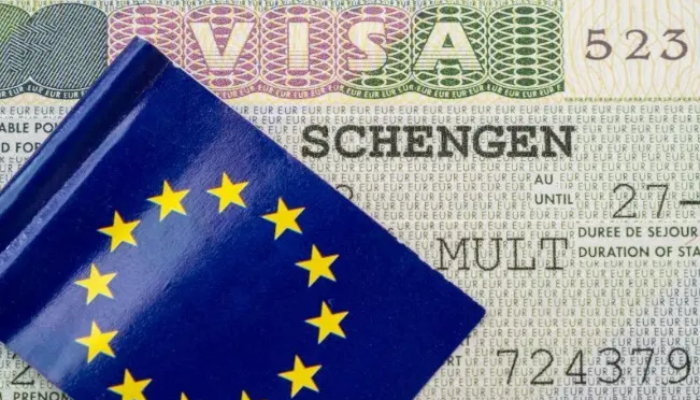GENEVA, August 4, 2025 — The Swiss government has announced a new policy tightening the requirements for obtaining Schengen visas, mandating stricter documentation standards for applicants seeking entry into the country and other Schengen Area states.
According to a statement released by the Swiss State Secretariat for Migration (SEM), the new rules aim to enhance the integrity of the visa process, prevent fraudulent applications, and align with broader European Union security and immigration policies. The revised guidelines will require applicants to submit additional supporting documents depending on their country of origin, purpose of travel, and travel history.
Among the key changes, applicants may now be required to provide more detailed evidence of financial capacity, stronger ties to their home country, comprehensive travel health insurance, and additional documents proving the legitimacy of their intended travel, such as invitation letters, hotel bookings, and employment status. In some cases, consulates have been authorized to request in-person interviews to further scrutinize applications.
Swiss authorities emphasized that the move is not intended to discourage genuine travelers but to strengthen border controls and minimize risks related to overstaying, asylum misuse, and irregular migration.
Travel agents and visa consultants across Africa, Asia, and parts of the Middle East—regions from which a significant portion of applicants originate—have reported that the new measures have led to delays in processing and a rise in visa denials. In Nigeria, for instance, several applicants noted receiving additional requests for employment verification and bank statements beyond the previous requirements.
The policy shift comes amid increased security concerns across Europe and is part of Switzerland’s ongoing efforts to harmonize visa rules with other Schengen states while safeguarding its national interests.
Applicants planning travel to Switzerland or through the Schengen Zone are advised to check updated requirements at their respective consulates or embassies and prepare well-documented applications to avoid disruptions.
